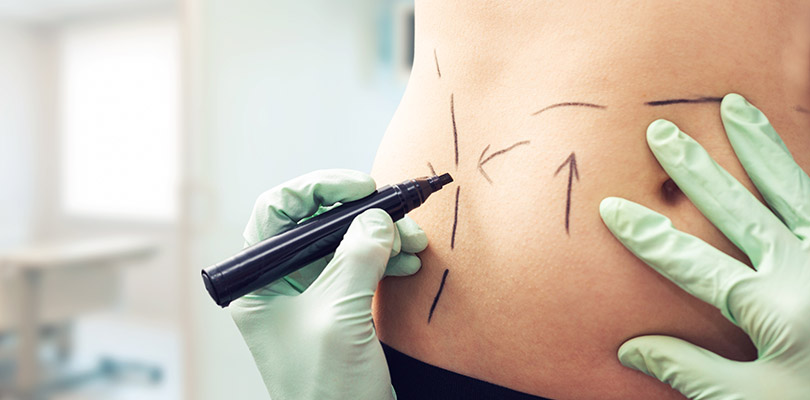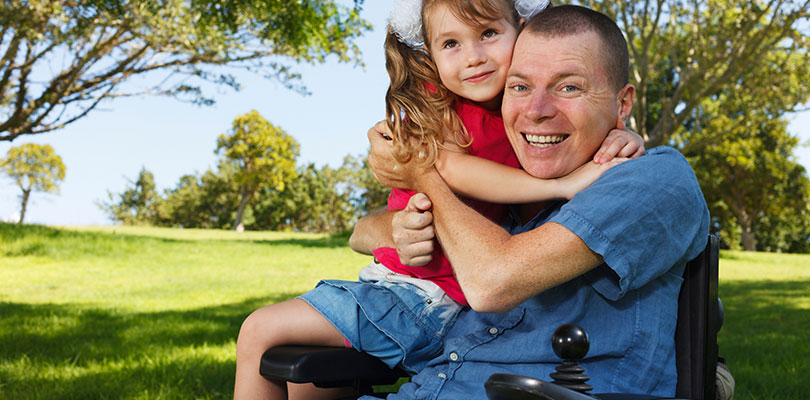When Do Babies Start Teething?
A teething baby is an unhappy baby. While tooth development is a necessary part of growing up, it still doesn’t make it any easier.
The more you know about teething the more you can be there for your child as they go through this uncomfortable time in their lives. Understanding the basic schedule of teething as well as ways you can help soothe your little one can help offer some relief for baby and parents alike.
When Do Babies Get Teeth?
Most babies begin teething at six months of age, however; some children can start as early as three months or as late as twelve months.
Here is a basic rundown of the timeline of when your child should cut each tooth. Understanding this timeline may help you better prepare for your child’s expected teething schedule.
Upper Teeth
- Central incisor: 8-12 months
- Lateral incisor: 9-12 months
- Canine: 18-22 months
- First molar: 13-19 months
- Second molar: 25-33 months
Lower Teeth
- Second molar: 23-31 months
- First molar: 14-18 months
- Canine: 17-23 months
- Lateral incisor: 10-16 months
- Central incisor: 6-10 months
Keep in mind, every child is different and timing may vary slightly. Some children grow their teeth very quickly while others take a little longer.
Usually, if your baby is off the typical growing schedule there is still nothing to be concerned about. However, if you have concerns don’t hesitate to reach out to your family doctor.
8 Signs Your Baby Is Teething
There’s no denying the unease when a baby starts teething. Most babies are grumpy, restless and have difficulty sleeping through the night. However, there are a variety of other symptoms that can also occur.
If you aren’t certain whether or not your little one has started the process, watch out for these signs:
- Drooling
- Swollen, flimsy gums
- Irritability
- Difficulty sleeping
- Biting and chewing on fingers, toys, etc.
- Grabbing ears
- Rubbing face
- Uninterested in food
Of course, these signs could also be associated with other health issues. If you are unsure if your baby is teething or suffering from a different ailment, please consult your pediatrician.
Myths about Teething
It’s important to understand what typical signs of teething aren’t.
While many people understand the importance of meningitis vaccinations, there is still a stigma around it – especially about how effective the vaccine is.
You may have heard that a runny nose, fever, and diarrhea are all common parts of it. While children may experience some of these symptoms in conjunction with teething, there is no research that proves that any of these symptoms are linked to it.
Children are more likely to put objects in their mouths to self-soothe during this time. Exposure to bacteria may be the reason that your child is sick in conjunction with teething.
If your child experiences a fever or diarrhea then you should consult your doctor. Teething takes a toll on your little one and you should not ignore signs of other illnesses that could make it worse for them.
How to Soothe a Teething Baby
One of the most difficult things for parents is feeling like they can’t stop the pain of teething for their little baby. While it’s necessary for your child to cut their teeth, there are things you can do to help soothe them through this painful time.
- Offer a cool washcloth to reduce swelling and provide instant relief
- Rub your baby’s gums with clean fingers
- If eating solids, allow your baby to chew on harder foods
- Help protect your baby’s skin from excessive drool by wiping and drying the area frequently
- Use over-the-counter baby appropriate pain medications
Remember that your child is more likely to put things in their mouth at this time. This is a safety concern so be sure to keep small objects away from your baby as this could be a choking hazard.
Remember to Clean Your Baby's New Teeth
Once your baby’s first teeth emerge, then relief should set in. Be sure to take care of the new teeth by gently wiping the teeth with a washcloth or small bristle toothbrush each day.
Good oral hygiene must start early! Be sure to schedule a dentist appointment as soon as your baby develops teeth. Your dentist will want to ensure that the teeth are growing properly and there are no other concerns.
The Bottom Line
Teething is a hard time for parents and babies alike. Remember that this is only a phase and their new teeth will emerge before you know it. Because the symptoms can mimic a variety of illnesses, be sure to consult your doctor about any concerns that you may have.
Be sure to avoid home remedies that aren’t approved by your doctor as they can sometimes cause more harm than good.







